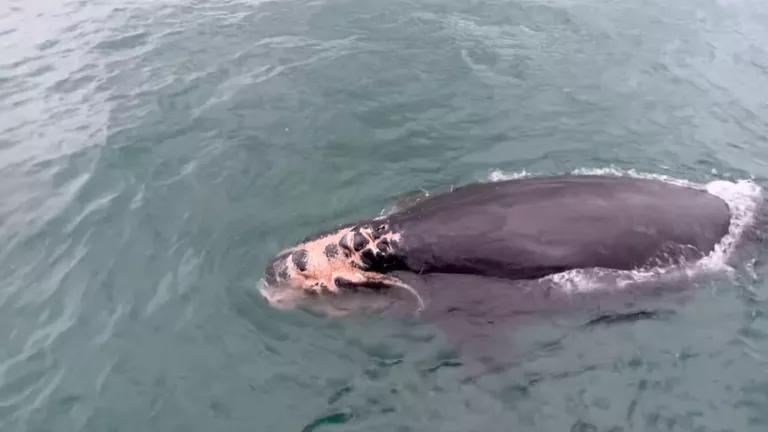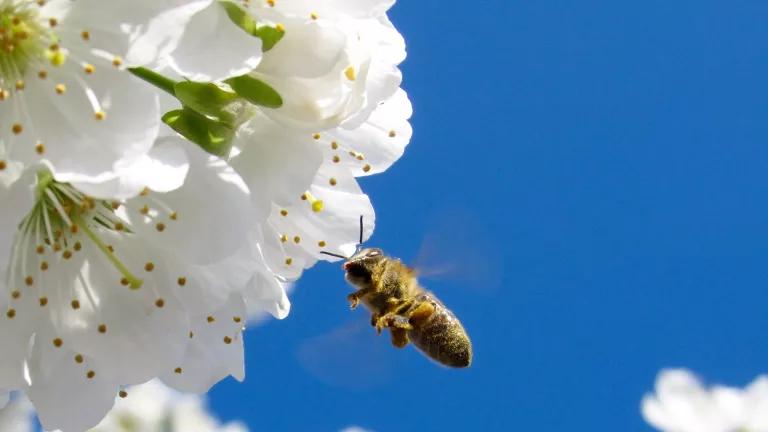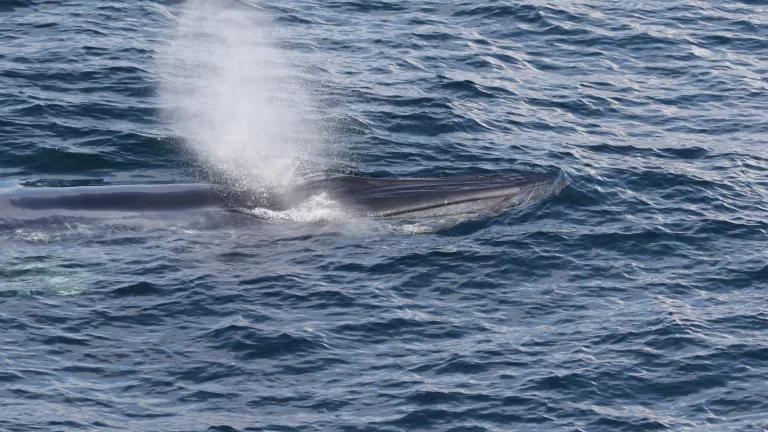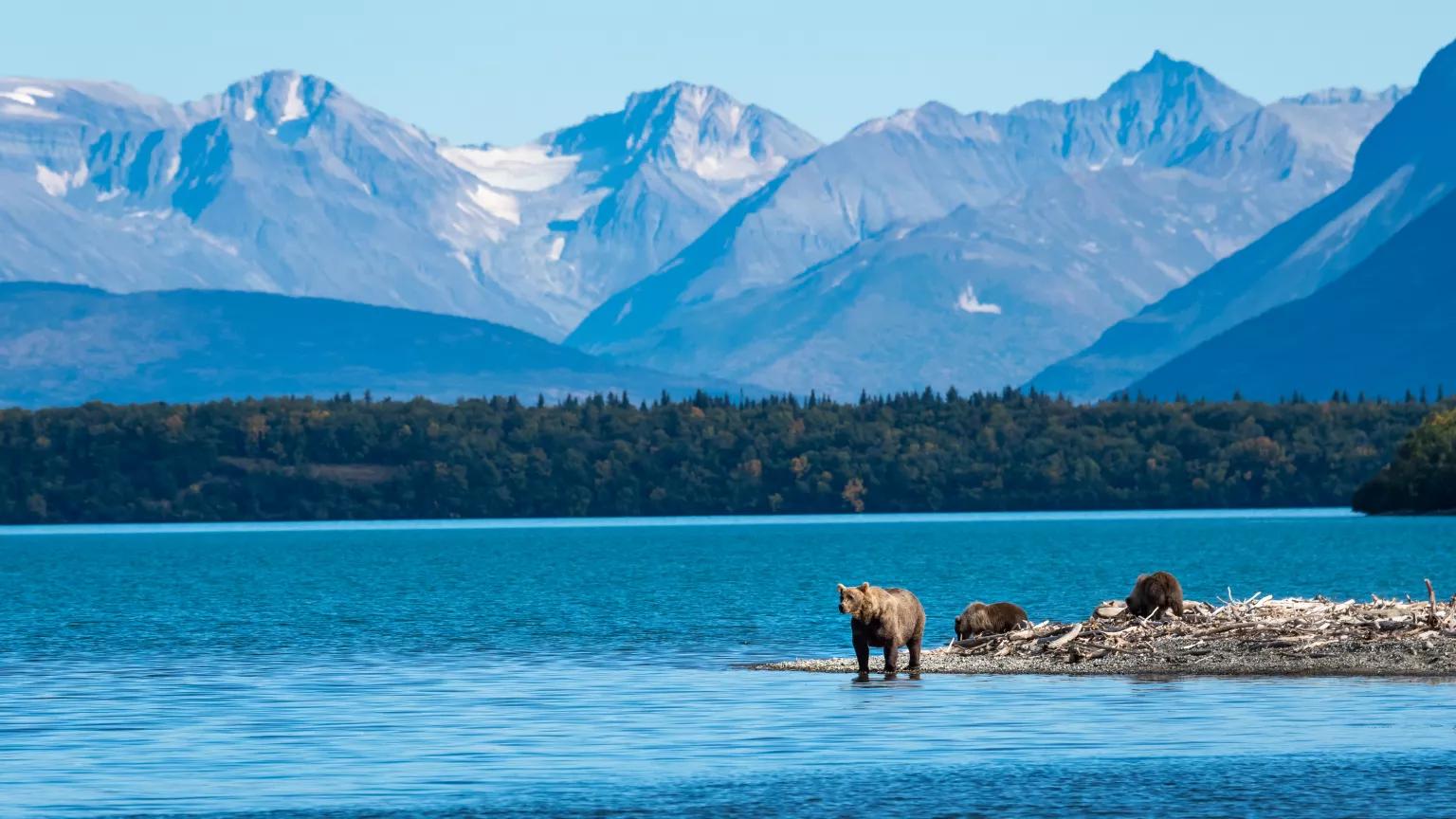
Nature & Wildlife
Overview
In order for people to thrive, nature must too. We rely on healthy, biodiverse ecosystems to provide everything from food and clean drinking water to flood protection, essential medicine, and carbon storage. But nature is facing an existential crisis: From flattened forests and acidifying oceans to coastlines saddled with oil rigs and fields sprayed with pesticides, delicate ecosystems are being irreparably harmed—or disappearing altogether. So, too, are the species that call them home. NRDC is charting a better path forward by strengthening conservation laws, advancing policies that limit industrial impacts on our public lands and waters, and working with local and Indigenous partners to create more equitable access to nature and preserve the places we not only hold dear but need intact to fight the climate crisis.
Solutions
NRDC works to safeguard nature by strengthening public policy, fighting back against polluters and their allies, and advocating alongside our grassroots partners and within broad coalitions for ambitious, equitable solutions. Here are our current priorities:
Save wildlife and their habitats
The biodiversity crisis is not just a catastrophe for wildlife: It also endangers every facet of our own lives, from food and economic security to our ability to tackle the climate crisis. In order to stave off this crisis, NRDC is calling on leaders to fully protect and restore at least 30 percent of land, inland waters, and oceans by 2030. We’re also working to curb zoonotic diseases, protect pollinators from toxic pesticides, and strengthen bedrock federal laws like the Endangered Species Act, as well as global treaties like the Convention on International Trade in Endangered Species of Wild Fauna and Flora.
Protect forests
We must put an end to the clearcutting of primary forests, which are critical to our climate and so much more. NRDC is working to protect and restore forests by addressing threats like industrial logging and agriculture, drilling and fracking, and overdevelopment. We are also urging decision makers around the globe to empower Indigenous communities to manage the lands they’ve been living on for millennia, such as through Indigenous-led protected areas.
Did You Know?
The Indigenous territories that make up about 22 percent of the world's land surface hold 80 percent of the world's remaining biodiversity. And while biodiversity is under threat everywhere, it is declining more slowly in areas managed by Indigenous Peoples.
Restore freshwater ecosystems
Since helping to pass the Clean Water Act in the 1970s, NRDC has continued to advocate for the preservation and restoration of freshwater ecosystems and the critical resources they provide. Currently, our attorneys are litigating against excessive water diversions from rivers—as in the Sacramento–San Joaquin Delta, the largest estuary on the Pacific Coast, while our policy experts are pressing for infrastructure reforms such as the breaching of inefficient and environmentally harmful dams. We are also pushing for the inclusion of freshwater ecosystems in all plans to protect 30 percent of nature by 2030.
Conserve our oceans
The health of our oceans is paramount to the health of our planet. Oceans hold most of the life on earth, providing sustenance and work for millions and absorbing at least one-quarter of all the carbon we emit each year. But threats like overfishing, offshore drilling, climate change, and pollution are destabilizing marine ecosystems. To address these threats, NRDC supports the creation of marine protected areas—particularly in biodiversity hot spots—while also fighting against harmful industrial fishing practices, promoting responsible offshore wind development, and advancing policies to halt destructive offshore drilling.
“It’s impossible to overstate the importance of protecting more of America’s—and the world’s—natural places. From the air we breathe that’s cleansed by vast forests and the water we drink that’s been filtered and carried by wetlands and rivers to the food we grow that’s pollinated by birds and bees and the seafood we catch from the bounty in our seas, to the ancestral homeland of Indigenous People, our land, freshwater, and ocean constitute a global, natural life support system.”
Alison Chase, senior policy analyst, Oceans Division, Nature Program
Progress
- After more than a decade-long legal battle against the proposed open-pit Pebble Mine, the U.S. Environmental Protection Agency took steps to formalize lasting protections for Alaska’s pristine Bristol Bay watershed, home to the world’s most valuable sockeye salmon fishery.
- The stage is set for stronger wolf conservation in the United States. A federal judge restored protections for gray wolves across 44 states, the most recent in a series of important steps meant to ensure the iconic species truly recovers.
- Partly in response to the COVID-19 crisis, biodiversity protection and intersecting public health issues are receiving increased attention around the world. In response, China accelerated its efforts to conserve wildlife, including through the Standing Committee of the National People’s Congress decision to ban the trade of wildlife as food and to tighten its crackdown on illegal wildlife trade.
- At the 26th United Nations Conference of the Parties, several European nations and the United States joined 18 philanthropic donors in a pledge to support the roles that Indigenous and other local communities play in protecting tropical forests, mitigating climate change, and safeguarding intact ecosystems. So far, $1.7 billion—to be given by 2025—has been promised to help advance these communities’ conservation efforts.
More Ways to Make an Impact
Latest News & Resources
ConocoPhillips intends to explore for even more oil and gas on the unspoiled Arctic tundra.
Urge the Bureau of Land Management to reject the oil giant's climate-busting plan.
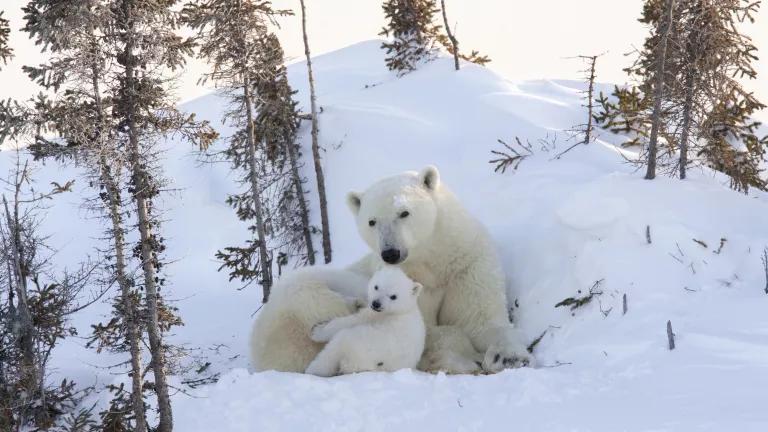
Protect the Arctic from ConocoPhillips’s new fossil fuel expansion plan!
View All Issues
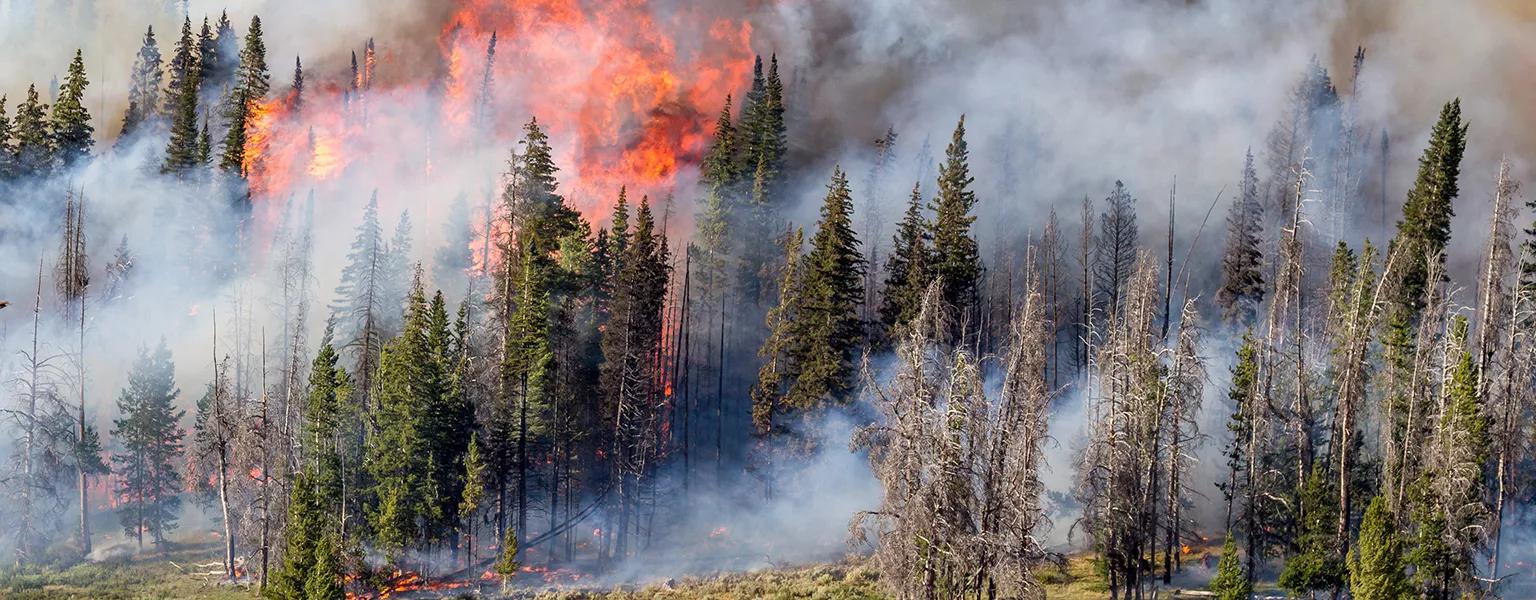
Climate Change

Equity & Justice

Human Health
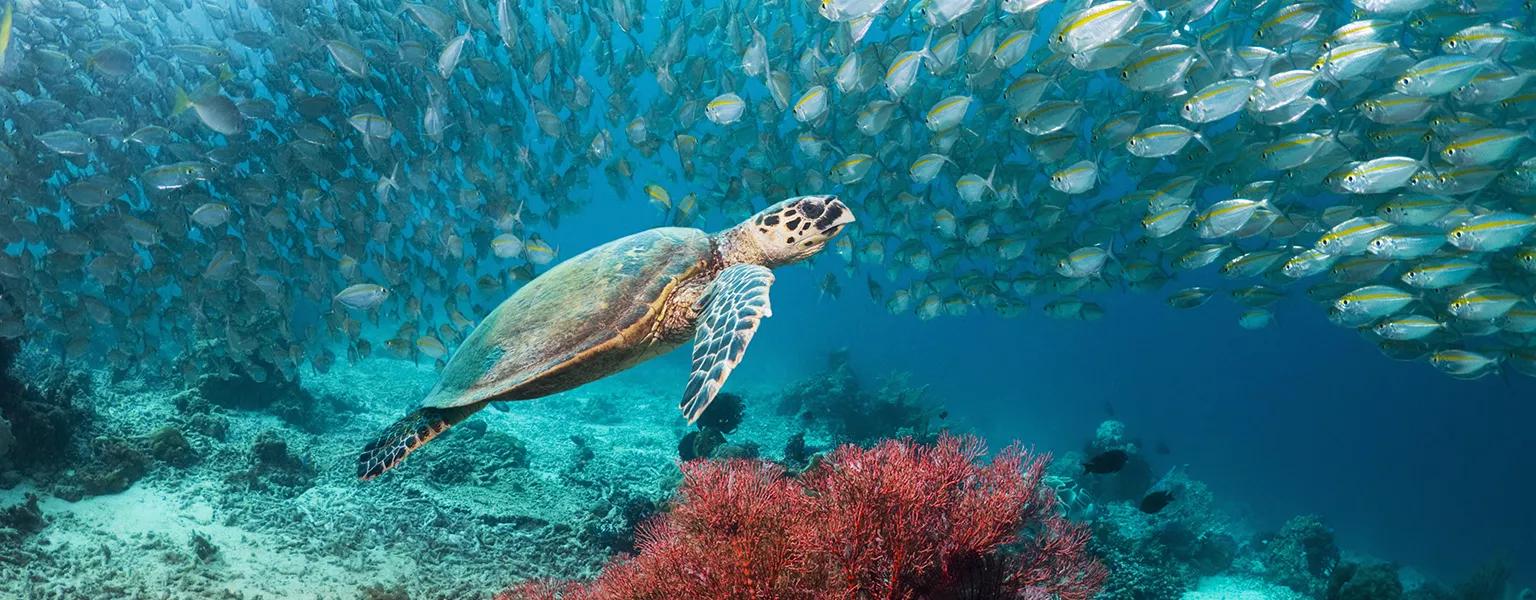
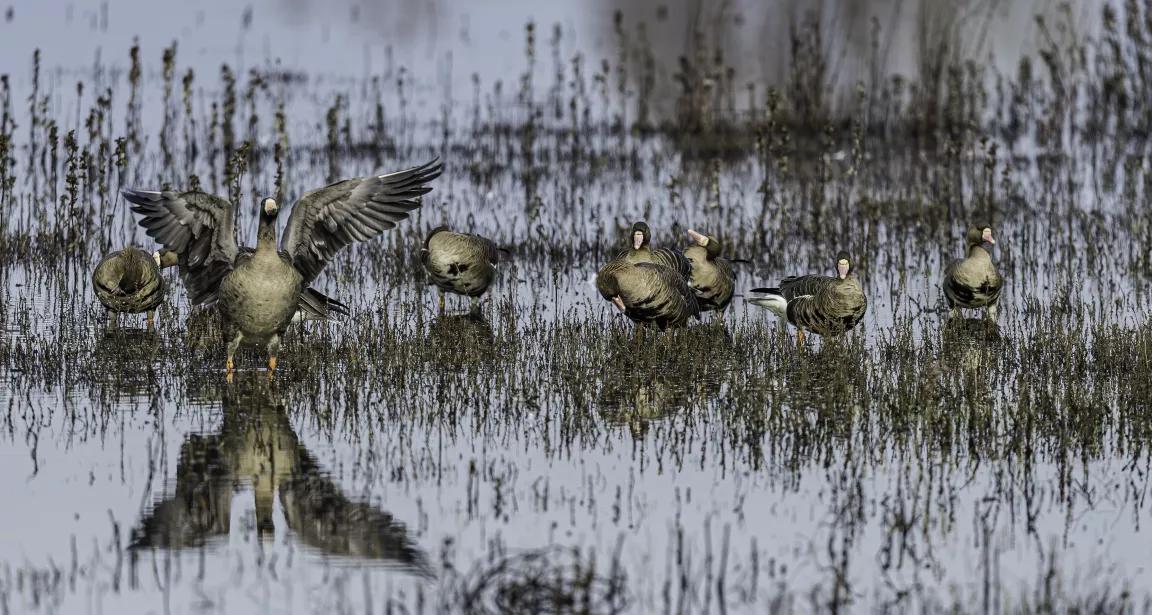
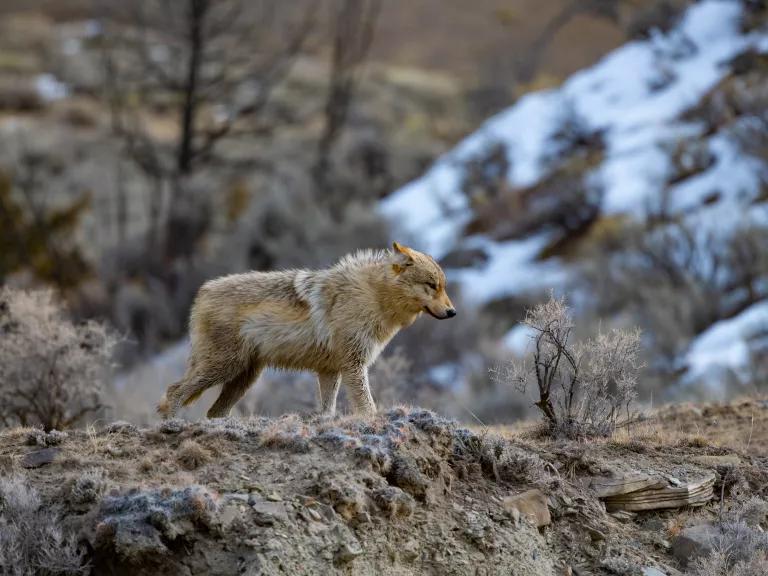
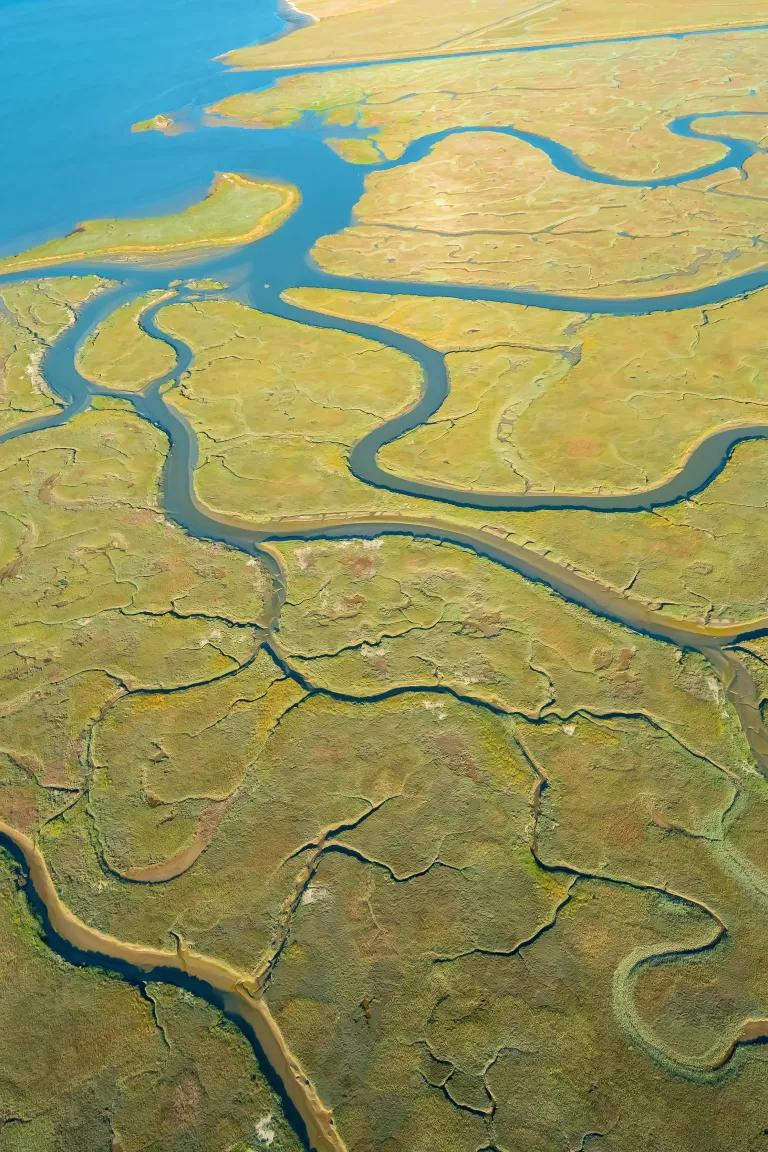
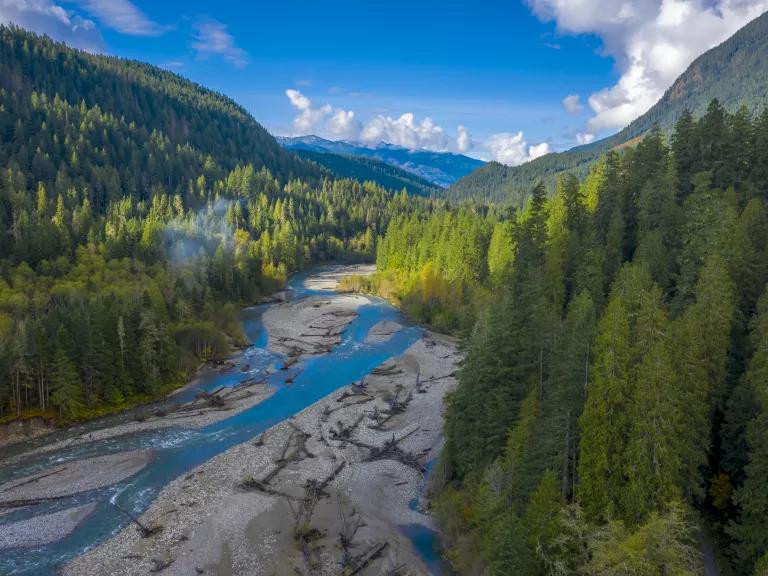

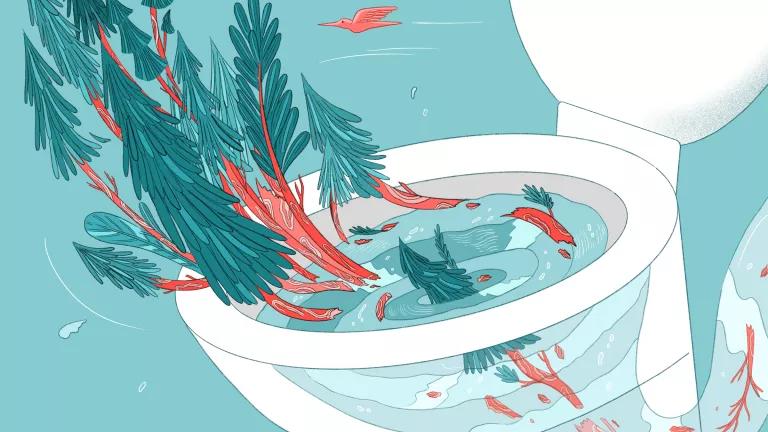

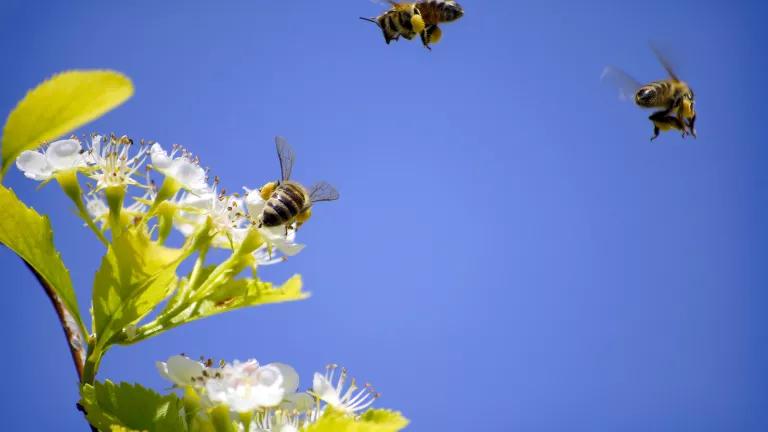
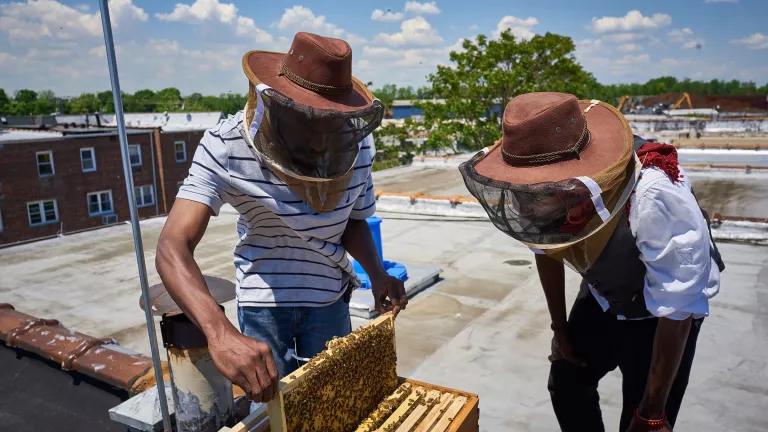


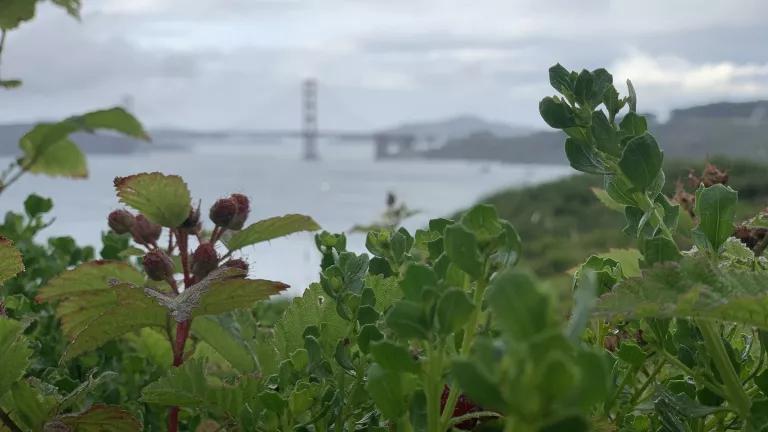

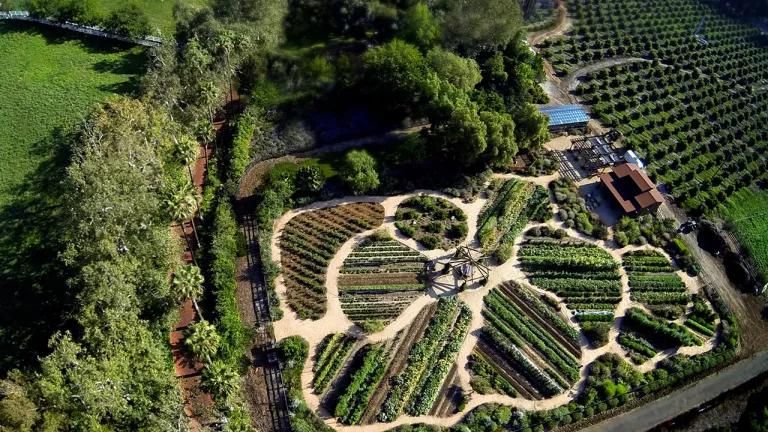
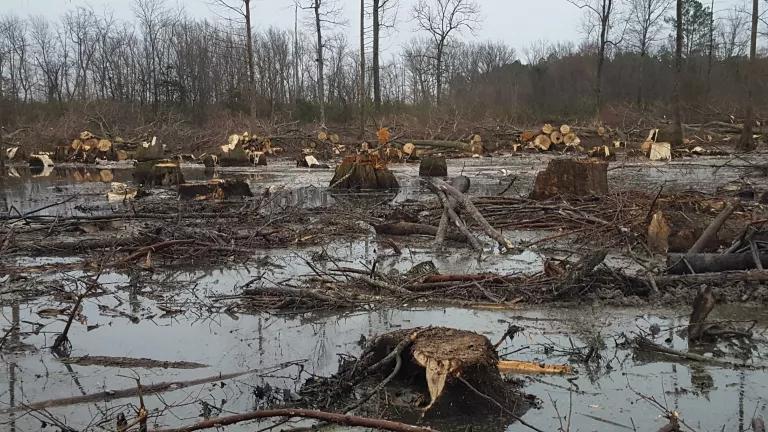
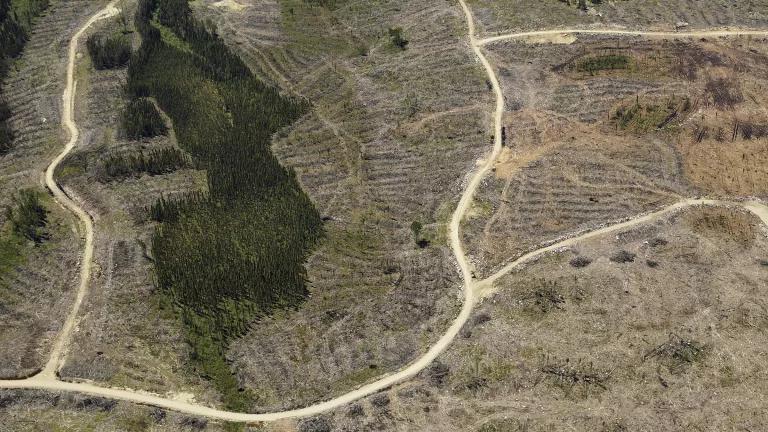

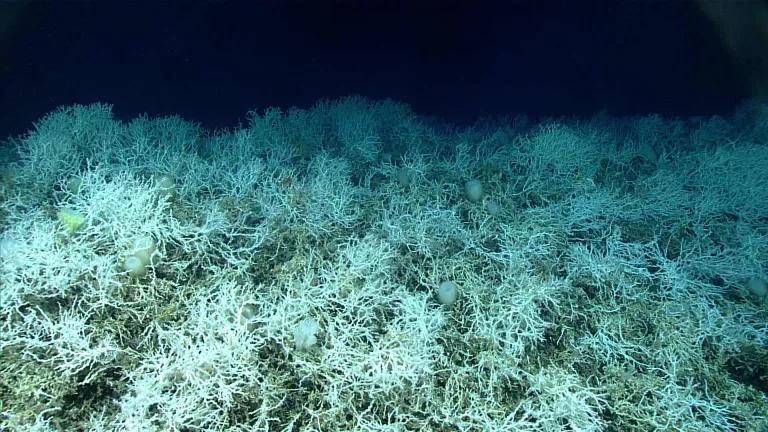
%20karl%20adami.jpg0713.jpg)
